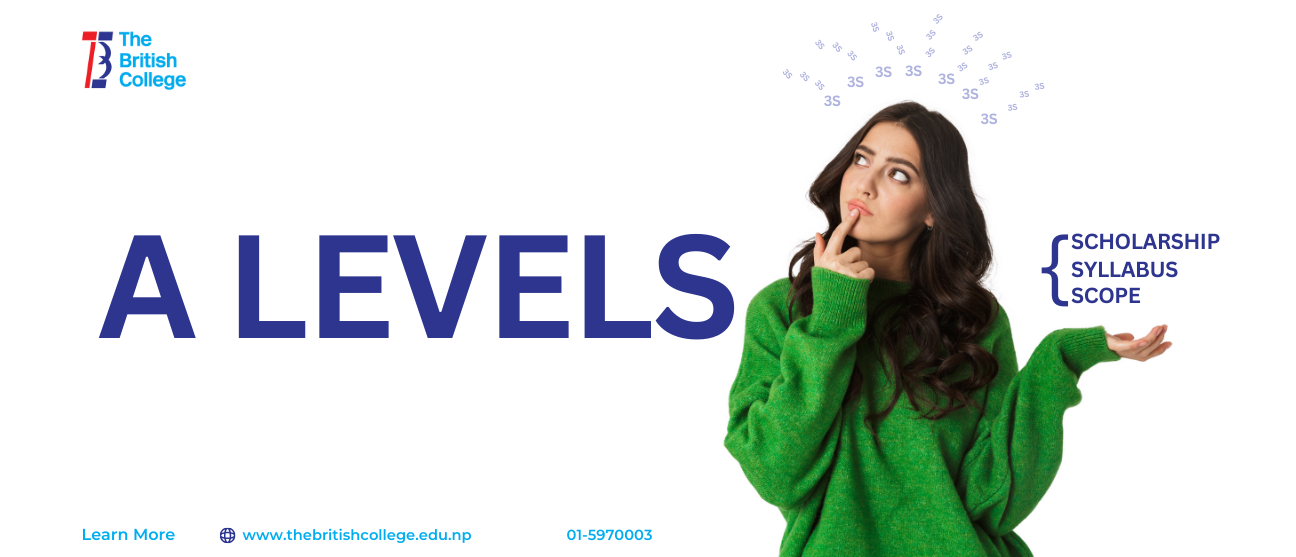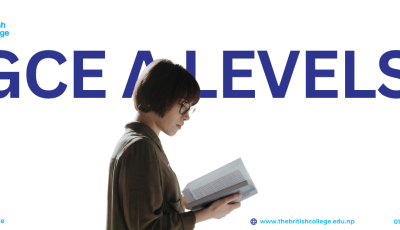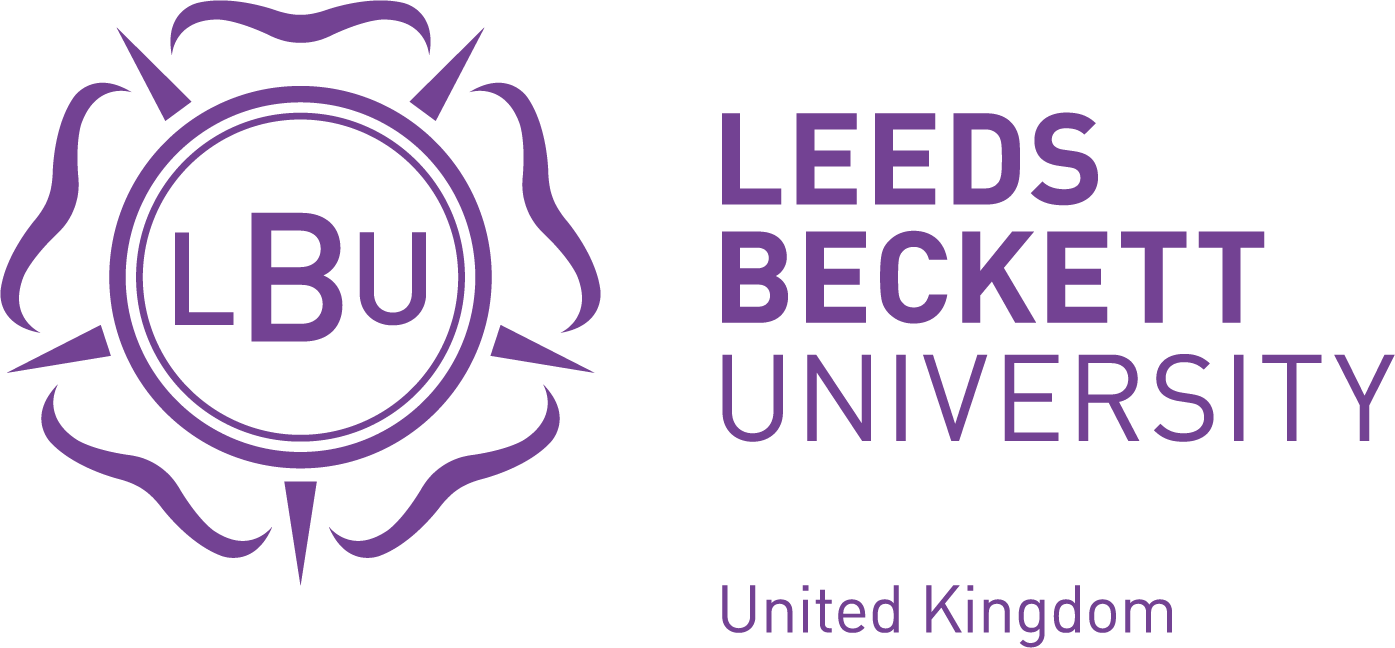Why Choose A Level in Nepal? GCE A level Point, Scope, Subjects and Career Guide

This will be one of the first and most important decisions that you will make in your A level journey. Deep study of three to four subjects is the norm for A level students in Nepal. It is therefore very important to choose what is relevant for you now and in your future career. Take time researching each subject, and consult with professors, parents, and mentors about your choice. Consider university entry requirements in courses or careers that you may aspire to. For example, to become an engineer, a good mathematical and physics background is required.
Choose your subjects in such a way that life becomes easier for you, time is saved, and interest is maintained throughout the session.
Popular Subject Combinations of Cambridge GCE A Level
Science: Physics + Chemistry + Math (PCM) for studying engineering.
Commerce: GCE A-Level Business + Economics + Accounting.
Arts/Humanities: Psychology + Sociology + English Literature.
Syllabus Breakdown of GCE A Level Points
AS Level (first year)- Basics. (e.g., Algebra in Math, Microeconomics).
A2 Level (second year)- Advanced. (e.g., Calculus, Macroeconomics).
Structure of Science and Business Syllabus A Level
AS Level (Advanced Subsidiary)-1st year (usually takes up 4-5 subjects).
A2 Level-2nd year (students continue with 3-4 subjects).
Conducted by Cambridge International (CIE).
Duration: Generally two years (AS+A2).
GCE A Level points and Grading System
Students should be studying a minimum of four subjects; one of them should be English General Paper. Depending on his interests and aptitudes, he can take several other subjects. Grade A* would be the highest grade, and Grade E the minimum passing grade. 'U' stands for ungraded, which is failing.
| AS Level (Points) grade | PUM range | GCE A Level Points (grade) | PUM range |
| a | 80-100 | A* | 90-100 |
| b | 70-79 | A | 80-89 |
| c | 60-69 | B | 70-79 |
| d | 50-59 | C | 60-69 |
| e | 40-49 | D | 50-59 |
| E | 40-49 |
Competitive courses like Medicine often require a minimum of ABB.

Eligibility for GCE A Levels points and course
British Model College follows stringent evaluation processes to admit the best students into the A-Level program.
According to this, all the students should have passed the SEE/GCSE/CBSE or an equivalent examination at the time of admission.
- The same high standards of academics are expected for entry into this rigorous course. The admission test that is conducted by the College comprises the intelligence quotient, subject test, and an essay writing test.
- The student is interviewed at the college together with the parents or guardians.
- Students have flexibility in their choices within subjects.
Flexible Subject Choices option in Cambridge GCE A Level
Subject choice is at the liberty of each student, who will select what they think will motivate them most during study. Together with the English General Paper, three full subjects will be taken over the two years of the A-Level program. The general admissions requirement for universities in the UK rests on an applicant taking three A Levels.
The college offers subject combinations based on the interests of students for admission to different universities for science, medical, engineering, business, and liberal arts courses:
| Science | Business Syllabus A Level (Non Science) | ||
| English GP | Biology | English GP | Mathematics |
| Physics | Mathematics | Accounting | Psychology |
| Chemistry | Computer Science | Economics | Sociology |
| Business | Computer Science | ||
| Art and Design | |||
Guidelines for Cambridge GCE A Level Scholarship at TBC:
The British Model College Scholarship programme is dedicated to supporting students who wish to pursue Science and Management Education in A-Levels.
| SN | Scholarship Category | Minimum Criteria | Scholarship Amount | Continuation of Scholarship |
| 1 | Computer-Based Exam | 90% or above | 100 % in Tuition Fee | Must maintain at least “a” in each term exam |
| 80% or above | 50% in Tuition Fee | Must maintain at least “b” in each term exam | ||
| 70% or above | 25% in Tuition Fee | Must maintain at least “c” in each term exam | ||
| 2 | SEE the final result | 3.8 GPA or above | 100% in Tuition Fee | Must maintain at least “a” in each term exam |
| 3.6 GPA or above | 50% in Tuition Fee | Must maintain at least “b” in each term exam | ||
| 3.4 GPA or above | 25% in Tuition Fee | Must maintain at least “c” in each term exam | ||
| 3 | Sports: National Player (1 Male & 1 Female) | 50% in Tuition Fee | Must maintain at least an “a” in each term exam | |
| 4 | Economically Unprivileged (5 seats) | “B” or above in SEE exams | 50% in Tuition Fee | Must maintain at least “b” in each term exam |
| 5 | Staff Referral | “B” or above in SEE exams | 25% in Tuition | Must maintain at least “c” in each term exam |

Announcement of Cambridge GCE A Level Scholarship Scheme and Selection Procedure
Admissions for The British College commence in April and end in May every year. The admission form can be collected from the TBC Admissions Department on payment of NRS 500.
For scholarship, students who have just graduated with Class 10 (SEE) are eligible and meet the criteria of admission to TBC. This scholarship will be given in terms of the performance in the SEE and CBET exams that will be held by TBC each year between the months of June and July.
The scholarships awarded shall cover up to one full term of studies in any given year. All documents must be certified against their originals.
This program is to be run in English; hence, participants should have a fairly good command of the language.
The announcement will be posted on the TBC website, and successful candidates will be given a week to accept/confirm the scholarship via e-mail. Failure to confirm will mean the scholarship will be awarded to the next in line.
It will be left to the decision of the scholarship committee, which is headed by the Director. If not all scholarships from a specific category are taken, these will go to another category selected by the Director.
Extending/Discontinuing/Cancellation of the Cambridge GCE A Level Scholarship at TBC
The scholarship may be continued or discontinued based on:
- Maintaining the desired grades as specified in the scholarship criterion for the particular term
- 85% attendance
- Adherence to the rules and policies of TBC
For more details on scholarship policies and the fee structure, the student may visit or contact the college or the Admissions Department.
Why Choose Cambridge GCE A Levels?
TBC offers a thorough Cambridge GCE A Level program that binds the academic challenge to practical learning. TBC promises all students that with its well-experienced faculty, modern infrastructure, and considerable emphasis on student development, he or she will be in good standing to join admission to the local and international universities of their choice.
Achieve Global Excellence with GCE A level at TBC
This is one of the established ways to international success for SEE or +2 graduates from Kathmandu, looking to expand academic platforms and career opportunities. The British College, through its sister institution, The British Professional College (BPC), has strived to provide a great platform for students to pursue the GCE A Level course and reach new milestones. This prestigious Cambridge program has meant the world to students like.

British Model College Celebrates Four Cambridge Outstanding Learner Award Winners
British Model College is a sister institution of The British College. Four A-Level students of the British College have been placed on the prestigious list of Outstanding Cambridge Learners for their excellent performance in the CAIE March 2021 exams.
The awardees, who secured "Top in Nepal" honours in their respective subjects, are:
- Raj Thapa – A Level Chemistry
- Sudip Agrahari – AS Level Economics
- Asmita Lama – AS Level Business
- Deepti Bhattarai – AS Level Accounting
Rajan Kumar Rai, Head of A-Levels, expressed his pride in the students' achievements, stating: "We are very thrilled at the British Model College with their outstanding success." This calls for an undisputed level of dedication and hard work to be recognised at this level; therefore, we take pride in nurturing such bright minds. This milestone signifies BMC's very first academic year at its state-of-the-art Chakupat campus, equipped with eminent faculty, innovative learning spaces, and globally recognised resources.
Having previously been honoured at the Outstanding Cambridge Learner Awards 2018, BMC remains committed to empowering students to reach their highest potential. The college looks forward to celebrating even more "Top in the Country" achievements in the years ahead.
Understanding the Scope of A Level in Nepal
For Nepalese students standing at the crossroads after SEE, the decision between A-Level and other pre-university programs can feel overwhelming. The scope of A-Level in Nepal extends far beyond the classroom, offering a passport to global education and diverse career paths. Unlike Nepal’s National Education Board (NEB) +2 system, which follows a fixed curriculum, A-Level allows students to handpick 3–4 specialised subjects aligned with their strengths and aspirations. This flexibility is why many ambitious learners in Kathmandu and beyond are drawn to this British curriculum.
One of the most compelling advantages of A-Levels is their international recognition. Whether you dream of studying medicine at Harvard, engineering at MIT, or business at the University of Sydney, A-Level grades (like the GCE A-Level points system) are valued worldwide. Even within Nepal, universities like Tribhuvan University (TU) and Kathmandu University (KU) recognise GCE A Level points and qualifications, often granting direct entry into bachelor’s programs without additional entrance hurdles. For subjects like Business Syllabus A Level or GCE A-Level English, the curriculum emphasises analytical writing and real-world applications, skills that give students an edge in university interviews and competitive exams.
The subject combinations in A-Level are designed to cater to diverse interests. Science students might opt for Physics, Chemistry, and Biology, while those inclined toward commerce can choose Business Studies, Economics, and Accounting. Humanities enthusiasts aren’t left behind either; subjects like Psychology, Sociology, and GCE A-Level English Literature open doors to careers in law, media, or social sciences. This tailored approach means a future engineer can drop Nepali or Social Studies, subjects often mandatory in NEB, to focus entirely on Math and Physics. Such specialisation not only boosts grades but also prepares students for the rigour of university education.
When it comes to career opportunities, A-Level graduates in Nepal enjoy a distinct advantage. Those with science backgrounds often pursue medicine or engineering, with many cracking entrance exams for IOE or MBBS programs thanks to the curriculum’s depth. Business students find pathways to BBA, CA, or even international finance degrees, while humanities students transition smoothly into law, journalism, or public policy. The A Level past papers, regularly updated by Cambridge, serve as invaluable practice tools to hone exam techniques, ensuring students are well-prepared for the actual assessments.
Another overlooked aspect is the competitive edge in scholarships. Universities abroad and increasingly in Nepal reserve scholarships for high achievers with A* or A grades in A-Levels. For instance, a student scoring well in Business Syllabus A-Level might secure a partial scholarship for a BBA program at a top Nepalese college or even a full ride at a UK university. This financial incentive, combined with the program’s global reputation, makes A-Level a strategic investment for families prioritising higher education.
Critics often argue that A-Level is more challenging than NEB +2, but this perceived difficulty stems from its emphasis on critical thinking over memorisation. While NEB exams might reward rote learning, A-Level assessments, such as those in GCE A Level English, demand essay-based responses, case studies, and practical applications. This shift in focus ultimately benefits students, as universities and employers increasingly value problem-solving skills.
For parents and students in Kathmandu weighing the costs, it’s worth noting that A-Level fees at institutions like Budhanilkantha School or The British College are higher than NEB’s public schools. However, the return on investment becomes evident when graduates secure placements at multinational companies or prestigious universities. The alumni networks of these A Level schools often provide mentorship and internship opportunities, further expanding the scope of A Level in Nepal.

Final Thoughts - GCE A Level points and Syllabus
Opting to study GCE a level points is a strategic, futuristic move for SEE graduates who have set their minds on academic excellence and global recognition. This qualification from Cambridge is highly regarded by the best universities worldwide, at the same time providing students with some essential skills and strong GCE A Level points for tough admissions competition.
Whether one opts for GCE A Level Business, GCE A Level english, science, or humanities, the best A Level colleges in Kathmandu, "TBC", will provide the greatest education in top-quality, cost-effective terms and scholarship opportunities.
The A-Levels will be your launchpad to future success, with the numerous pathways to UCAS points, A Level Business careers, and local and international education in Nepal. Invest in your future by smartly moving forward with A-Levels today.
FAQS about GCE A Level points and Syllabus
1. What is the difference between the Cambridge GCE A Level and the NEB +2 system?
GCE A Level focuses on in-depth study of fewer subjects, promoting analytical and critical thinking skills, whereas the NEB +2 system covers a broader range of subjects with an emphasis on memorisation.
2. Can I apply to Nepali universities with GCE A Level qualifications?
Yes, many Nepali universities, including Kathmandu University and Pokhara University, recognise Cambridge GCE A Level qualifications as equivalent to the NEB system.
3. How many subjects should I take for GCE A Level?
Students typically study 3 to 4 subjects based on their career aspirations and university requirements. For example, GCE A level English, Business, Science and other specialised disciplines.
4. Are scholarships available for Cambridge GCE A Level programs in Nepal?
Yes, many GCE A Level colleges in Nepal offer scholarships based on academic performance and financial need.
5 What are UCAS points, and why are they important?
UCAS points are a standardised system used by UK universities to assess student qualifications. They are crucial for university admissions in the UK.
6 How can I prepare effectively for Cambridge GCE A Level exams?
Effective preparation includes consistent study schedules, practising past papers, seeking guidance from teachers, and utilising quality study materials.
7. Can I switch from NEB +2 to A-Level midway?
Yes, but subject credits may not fully transfer. Schools often assess your +1 marks to place you in the appropriate A-Level year.







